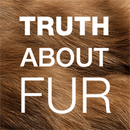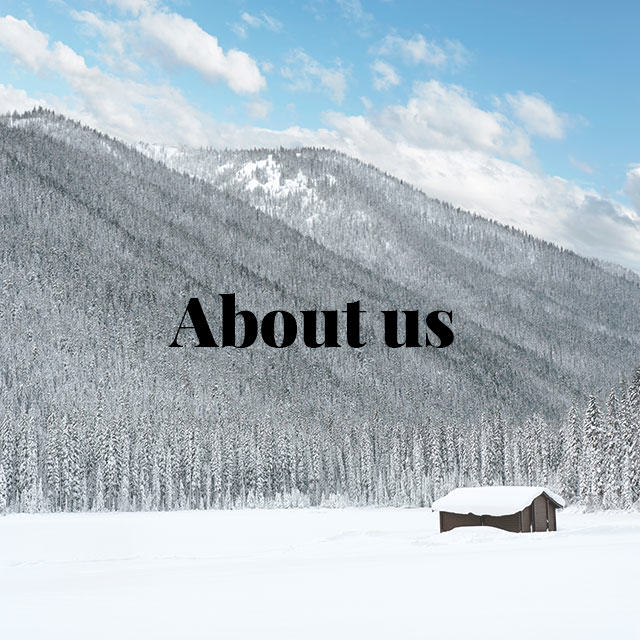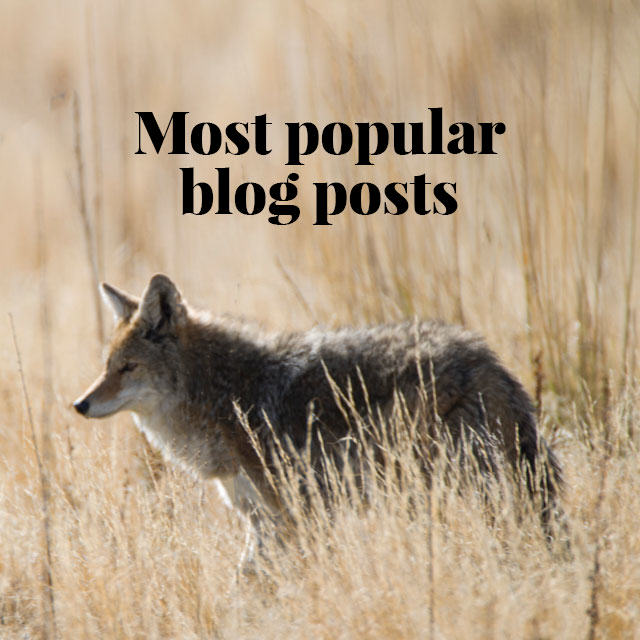
Your idea of what makes a current event important may differ from mine, but occasionally a story comes along that grabs everyone’s attention. Enter coronavirus COVID-19. At the time of writing, some 6,000 people have already died, and that number is sure to rise – a lot. And if fears of a global recession to follow prove founded, billions of us will be negatively impacted. Millions already have been.
In short, it’s the kind of event that makes people rethink their priorities. The price of potatoes suddenly seems inconsequential, and we may even put our favourite advocacies on hold. Who has the time to complain about white people wearing dreadlocks or mansplaining when lives are on the line?
And that’s why I predict a small silver lining for the fur trade amidst the current catastrophe. In the coming year, there will be no major campaigns launched by animal rights groups in North America – or if there are, they will be roundly ignored. I also believe this lull will provide an opportunity for us to regroup and rethink our strategy after taking some tough knocks in 2019.
Posturing Politicians
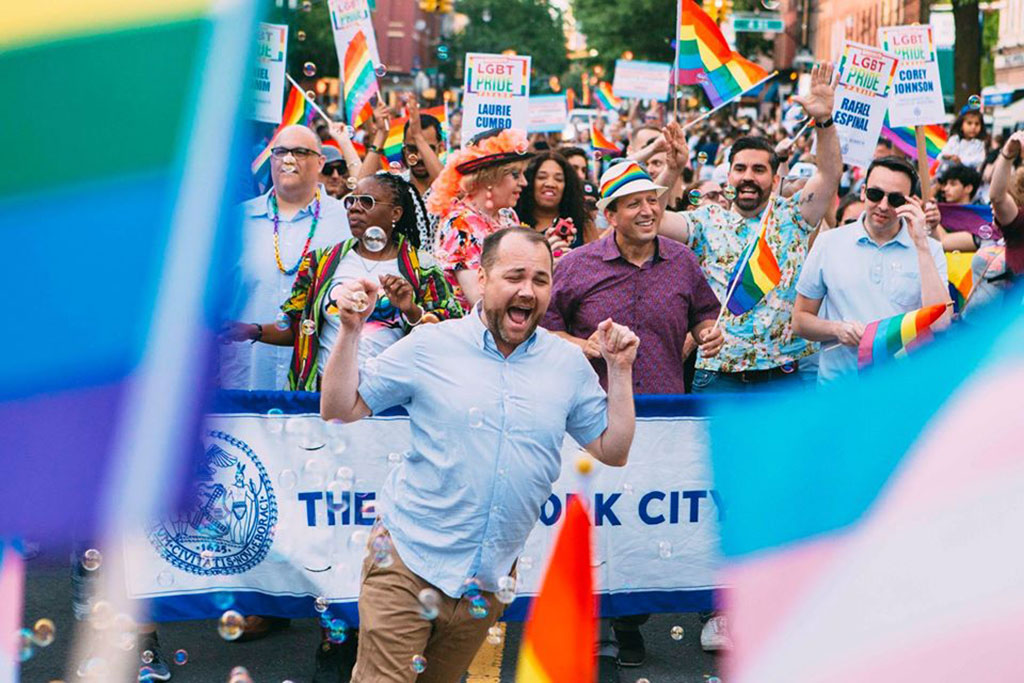
Last year was hardly quiet on the news front, but unless you lived in Syria, Iraq, Yemen, Myanmar, or quite a few other places to be honest, the news was unlikely to kill you. Climate change advanced apace, but even the most pessimistic of forecasters think we can still turn it around. The refugee crisis in Europe worsened further, but it barely affects North Americans. The Hong Kong riots grabbed headlines for a few months, but the Western media lost interest when China failed to invade. And everyone was sick to death of Brexit years before it even happened.
So it was against this backdrop of a “normal” news year that campaigns to ban fur retail sales in California and New York City were able to gain traction. Politicians could posture before potential voters, the media lapped up a polarising issue as they always do, and advocates could focus fully on either saving or destroying an industry.
SEE ALSO: There’s no justification for banning the sale of fur. By Alan Herscovici.
Big Stories

But now the whole news landscape has changed, and, in just the last few weeks, been turned on its head.
For me, the change began with the Australian bushfires. It took a few months for them to register on the international radar, but when they did, we were appalled to see the extent of the devastation and loss of life. It was also a huge shot in the arm for the climate change campaign.
Then for a few days in January, while the bushfires were still at their peak, we seemed to be staring down the barrel of World War III. The US assassinated Iranian general Qasem Soleimani, Iran vowed to retaliate, Trump vowed to retaliate back harder, Iran fired missiles, and bizarrely the situation was only defused when Iran “accidentally” shot down a civilian airliner with no Americans on board but loads of Canadians. All very scary.
So the transition from 2019 to 2020 was a rollercoaster ride. And just when you thought it couldn’t get any hairier, along came a pandemic.
I don’t need to tell you the details of COVID-19 because, unless you live under a rock, you know them already. Suffice to say, this story will hog the headlines for the next several months at least, with new life being breathed into it every time a famous person falls ill or a major public event is cancelled. And even after a vaccine is found, the global recession that some experts are predicting will keep copywriters busy for years.
Changing Priorities?
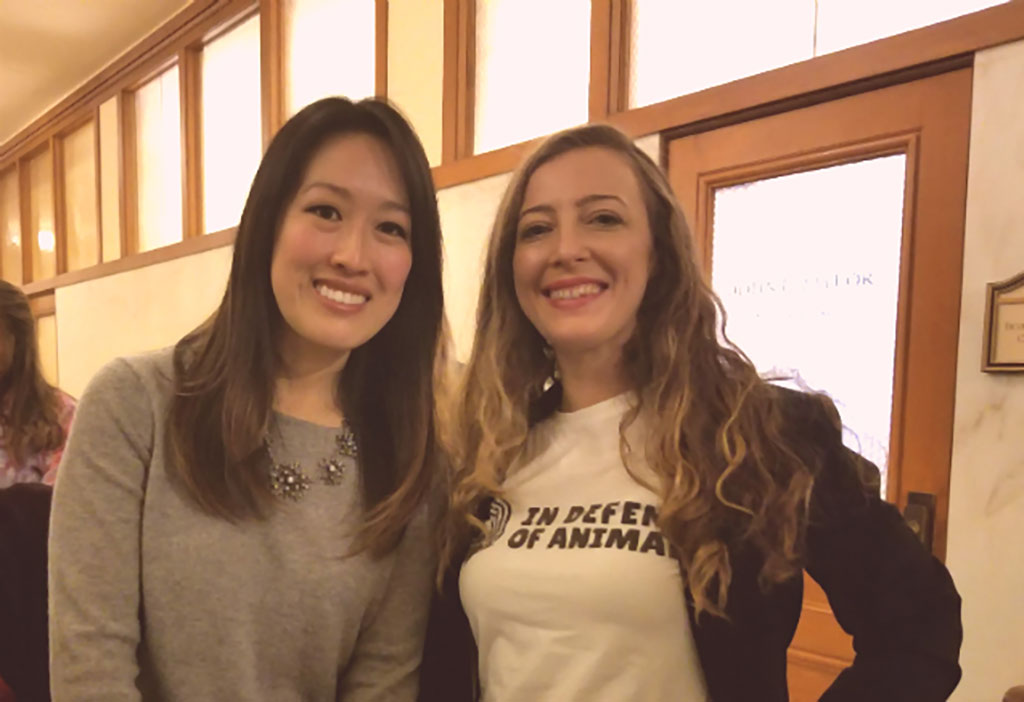
So what does all this have to do with the great fur debate?
Well, I predict that life will change in myriad ways, one of which will be a resetting of priorities, not just at the government level but also at the personal level. Even more emphasis than before will be placed on cooperation on issues that really matter to the global community, while less time and effort will be spent on issues that are, in the grand scheme of things, unimportant.
It goes without saying that the world will emerge from this better prepared to face the next pandemic. Climate change will continue to garner great interest, in tandem with sustainable living. And it’s way past time for governments to be held accountable for perpetuating war in Syria, Yemen, and anywhere else faced with this ultimate scourge.
In contrast, I believe, people wanting to “make a difference” will be less inclined to expend energy on petty and divisive issues to which there are no solutions anyway because there’s no “right” or “wrong”. When human lives and the future of the planet are at stake, there are surely better ways to spend your time than campaigning against smoking in public parks.
OK, so there’s some wishful thinking on my part that this change will last, but I do believe that at least for the duration of the coronavirus crisis, animal rights groups will have a hard time getting anyone’s attention, and might as well take a vacation. Remember, you heard it here first. For as long as the pandemic lasts, there will be no new initiatives launched to ban fur retail.
It’s a simple matter of priorities. In quiet times, on the domestic front anyway, politicians obsess with pandering to any demographic group they think might help get them re-elected. But in a time of coronavirus, their focus must be on keeping their constituents alive. In quiet times, news desk editors lap up a PETA stunt, particularly if half-naked women are involved. But with coronavirus running amok, they’re smart enough to know that their audience has no time for anything else. And as for the public, they’re far too busy stockpiling toilet paper (I still can’t see how that helps) to worry about whether Canada Goose is opening a new store for its coyote-trimmed parkas.
SEE ALSO: Five reasons PETA won’t make me ditch my Canada Goose. By Alan Herscovici.
This new reality will provide an opportunity – or at least a time-out – for all animal users to regroup and strengthen our message in preparation for the time when animal rights groups think it’s business as usual again.
We already have a formidable arsenal of arguments in our favour, dealing with issues that are important to a growing number of people. We can effectively argue sustainability, ethics, cultural heritage, jobs, wildlife management, and more. I believe that post-coronavirus, the world will be more discerning about which messages it listens to, and we just have to be more effective at getting ours across.
Don’t get me wrong about absolute priorities. There’s a potentially lethal pandemic under way, and nothing is more important than staying safe. And that goes for everyone – even animal rights extremists! But when the smoke clears, there may be a rare opportunity here for the fur trade to change the narrative.
***
To learn more about donating to Truth About Fur, click here.
